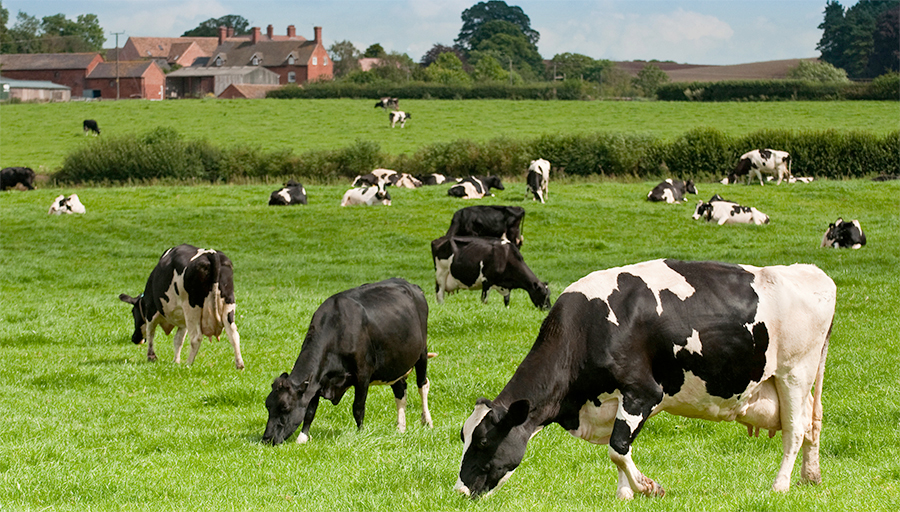
Putting climate taxes on meat and milk will lead to huge cuts in carbon emissions that are currently generated by global aviation and save half a million lives from chronic diseases, according to a new study.
The study, conducted by a team of researchers from the Oxford Martin Programme on the Future of Food at the University of Oxford and the International Food Policy Research Institute in Washington DC, is the first global analysis to estimate the impacts that levying emissions prices on food could have on greenhouse gas emissions and human health.
The findings show that about one billion tonnes of greenhouse gas emissions could be avoided in the year 2020 if emissions pricing of foods were to be implemented.

Dr Marco Springmann, who led the study said: "Emissions pricing of foods would generate a much needed contribution of the food system to reducing the impacts of global climate change.
"We hope that’s something policymakers gathering this week at the Marrakech climate conference will take note of."
'Sensitive topic'
Changes to how food is produced and consumed have largely been ignored in the battle against climate change, due to public sensitivity about their food choices, fears about increasing hunger in poorer parts of the world and the lack of straightforward measures to tackle the problem.
The researchers found that beef would have to be 40% more expensive globally to pay for the climate damage caused by its production. The price of milk and other meats would need to increase by up to 20%, and the price of vegetable oils would also increase significantly. The researchers estimate that such price increases would result in around 10% lower consumption of food items that are high in emissions. "If you’d have to pay 40% more for your steak, you might choose to have it once a week instead of twice," said Dr Springmann.
The results indicate that the emissions pricing of foods could be a health-promoting climate-change mitigation policy in high-income, middle-income, and most low-income countries.
Special policy attention would be needed in those low-income countries where a high fraction of the population is underweight, and possibly for low-income segments within countries.
"Food prices are a sensitive topic," said Dr Springmann.
"We approached the design of climate policies for the food and agriculture system from a health perspective to find out whether the emissions of food production could be priced without putting peoples’ health at risk."
"So far, food production and consumption have been excluded from climate policies, in part due to concerns about the potential impact on food security. Here we show that pricing foods according to their climate impacts could not only lead to lower emissions, but also to healthier diets in almost all countries around the world," Dr Springmann concluded.
